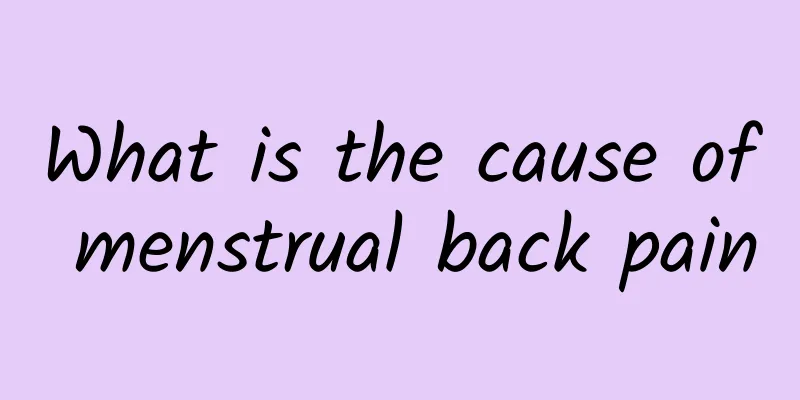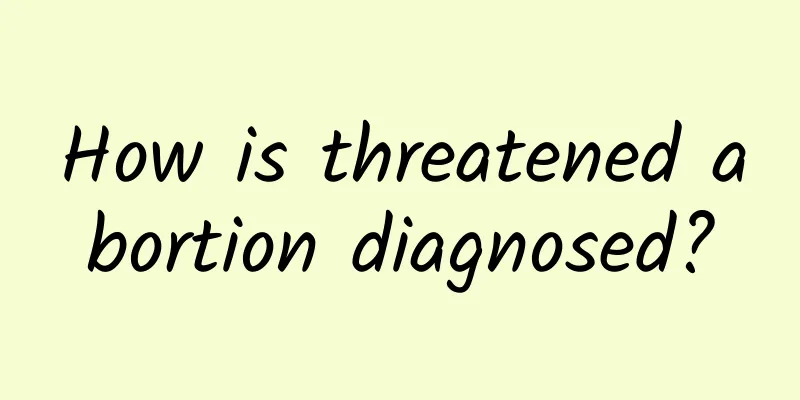How is menopause usually treated?

|
The arrival of menopause causes fear and worry in many female friends, because its arrival means entering middle-aged and old age, and everyone will no longer be young and beautiful. Some female friends experience premature menopause. So, how is menopause usually treated? How to treat menopause in women? In fact, the person who tied the bell should be the one who can solve it. First of all, you need to be good at adjusting your thoughts and relieve yourself. Most women are caused by pathological factors. During the treatment process, you need to pay attention to conditioning. How to treat it? You must pay attention to the following matters in the adjustment. 1. If you are obese, you need to control your diet, eat less sugary and fat-rich foods, and take weight-loss measures to lose weight in a healthy way. 2. Women with secondary amenorrhea should adjust their eating habits and eat more high-protein foods, such as fish, lean meat, eggs, milk, fruits and vegetables. Ensure that you take in enough nutrients and do not be picky or partial to certain foods. Actively treating acute and chronic diseases throughout the body is the key, especially gastrointestinal diseases, anemia and tuberculosis. 3. You need to regulate your emotions and make yourself feel good. If you are in a state of mental tension for a long time, it will cause disorder of Qi and blood, which is an important factor affecting the irregular menstruation. You should strengthen your physical exercise and strengthen your physical fitness to ensure the normal operation of Qi and blood. 4. Whether you are taking contraceptive pills. Improper use of contraceptive pills will inhibit the secretion of pituitary gonadotropin, which will cause secondary amenorrhea. You need to stop taking contraceptive pills immediately. Some patients can resume normal menstruation by stopping taking contraceptive pills and adjusting their body and mind. 5. Western medicine treatment: Taking progesterone and ovulation-inducing drugs can restore normal menstruation, but this method is highly dependent. Some women will experience worsening amenorrhea after stopping the medication, or will remain in an amenorrhea state after stopping the medication. It also has significant side effects on the liver, kidneys, and nervous system. 6. Treatment with Chinese medicine: Traditional Chinese medicine believes that menopause is mostly caused by insufficient Qi and blood and kidney deficiency, which is a disease caused by cold stagnation, Qi stagnation and blood stasis. In treatment, insufficient Qi and blood need to be replenished, while kidney deficiency needs to be replenished, while cold stagnation must be warmed and cold dissipated, and blood stasis needs to be activated and blood stasis removed. Using Chinese medicine to regulate the menstrual cycle to treat menopause has great advantages in clinical practice, with few adverse reactions, but the effect is slow and needs to be persisted for a period of time before the effect can be seen. |
<<: What acupuncture points are used for thick endometrium
>>: How to care for menopausal patients in daily life
Recommend
Who is suitable for Chinese medicine treatment of cervical erosion?
We know that each treatment method must be select...
Explore what are the symptoms of ovarian cysts
Ovarian cysts can also be considered ovarian tumo...
Does endometrial tuberculosis need treatment?
Does endometrial tuberculosis need treatment? The...
Massaging this area can actually improve depression and anxiety! 2 Yoga training helps you get rid of bad mood
Life is stressful and full of trivial matters. Ar...
What drugs to take to treat uterine fibroids
Drug treatment for uterine fibroids usually uses ...
What should I do if I find uterine fibroids during pregnancy? How should I treat uterine fibroids during pregnancy?
Uterine fibroids do not increase the risk of prem...
What are the symptoms of incomplete abortion? There are 3 major symptoms
Many women who are not ready to have children wil...
What are the early symptoms of cervical erosion?
Cervical erosion is one of our common gynecologic...
What are the main symptoms of ovarian cysts?
What are the main symptoms of ovarian cysts? Expe...
You can have dinner together as usual without worrying about learning the "picky eating" weight loss method
It’s the season when clothes become lighter, and ...
Will vaginal candidal infection affect pregnancy?
Will candidal vaginitis affect pregnancy? Gynecol...
A Big Mac addict who ate 12,000 servings and still didn't gain weight
Many studies have shown that consuming high-calor...
Why do patients with uterine fibroids experience abnormal uterine bleeding?
Uterine bleeding is a common symptom of uterine f...
What are the causes of external itching?
Vulvar pruritus is a common vulvar disease in wom...
What harm does hydatidiform mole do to the body
What harm does hydatidiform mole do to the body? ...









